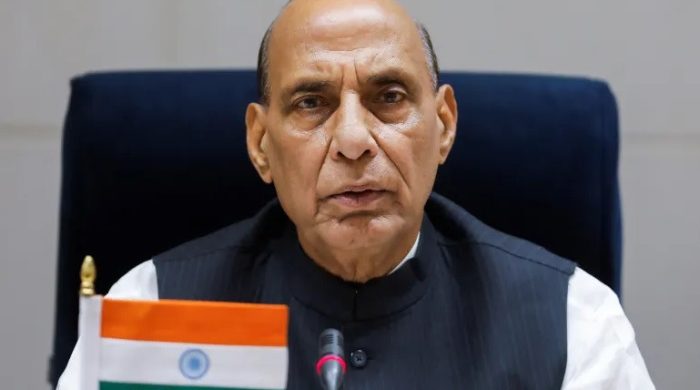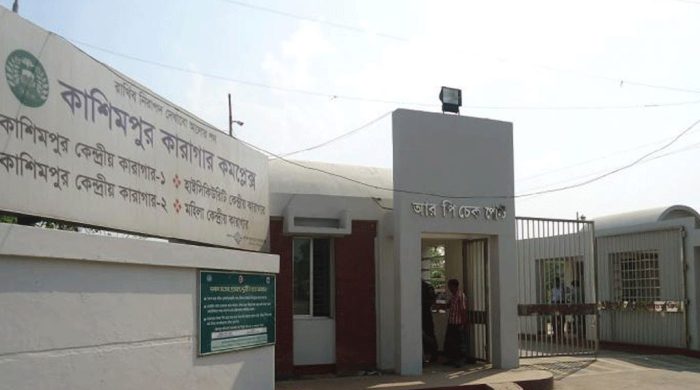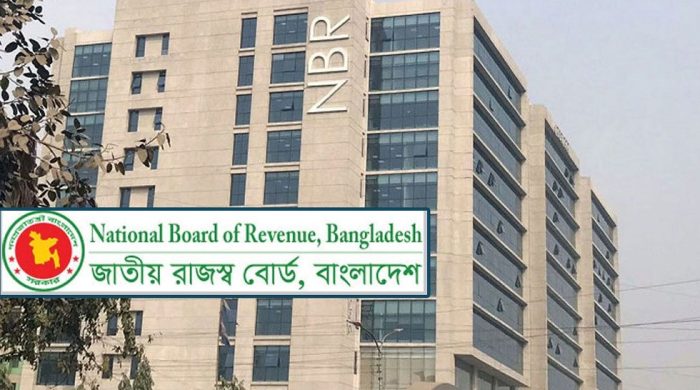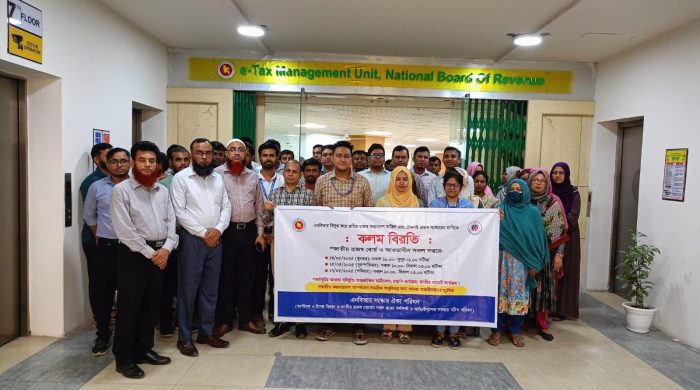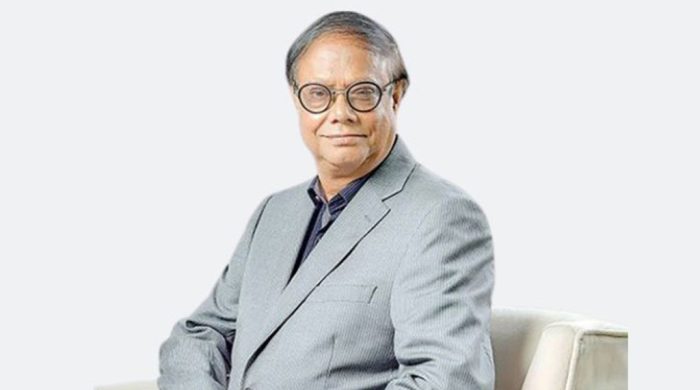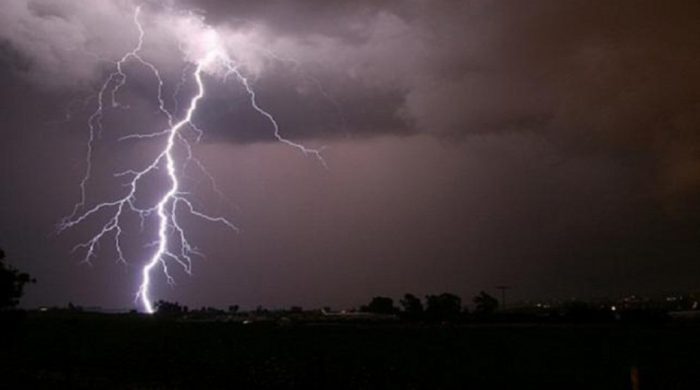Justice SM Murshed – the Unfeigned Keeper of Justice

- Update Time : Sunday, April 3, 2022
- 102 Time View

Life is eternal, and love is immortal, and death is only a horizon; and a horizon is nothing save the limit of our sight. Bangladesh’s giant star lawyer and jurist Syed Mahbub Murshed was born in February 1911 and died on 3 April 1979 at the age of only 68 years. He is a shining star in the legal world of Bangladesh.
During his tenure on the High Court in the-then East Pakistan (now Bangladesh), Justice Murshed set a number of records, all of which still stand.
As Justice and Chief Justice, his opinions are still memorable in law schools today. He exemplified him as the ideal of the “citizen lawyer” who devoted his professional knowledge and skills to public service.
On and off the court, he displayed a character notable for its simplicity and utter lack of pretension. Something of that character is indicated that Justice SM Murshed stands along that of a more regal statesman and true-blue jurist throughout his career.
His affability and modesty are commented on by all who met him. He was a faithful friend, kind and helpful to young and unestablished scholars, … in society.
Our nation has lost a justice of historic stature. Bangladesh’s legal universe has lost a cherished colleague. Today we mourn but with confidence that future generations will remember Justice SM Murshed as we knew him, a tireless and resolute champion of justice. Inside and outside the court, the leader of the liberal wing is gone.
Carson McCullers words are relevantly towering here, “How can the dead be truly dead when they still live in the souls of those who are left behind?”
Syed Mahbub Murshed felt after active participation in the Nehru- Liakat Pact of 1950 that the subcontinent was irrevocably divided. He was then persuaded by his maternal uncle Sher-e- Bangla A.K. Fazlul Huq to assist him. The ideals that they both shared was to oppose the Muslim League Government and create a liberal state in Pakistan in which Bengal would be autonomous with close ties to its neighbours and Bangla would be the State language. In 21st February 1952 both uncle and nephew after the participation of Janaza Namaz of the language martyrs’ broke section 144 and led a defiant procession till they were baton charged by the police in Dhaka University premises.
In early 1954, he drafted the 21 points manifesto which led to the landslide victory of Jukta Front led by Sher-e-Bangla Fazlul Huq against the Muslim league. Shortly after assuming power in the eastern wing, Fazlul Huq along with SM Murshed and some others trusted by him took a delegation to Kolkata to discuss political friendship, close trade ties and perhaps eventually some sort of Customs Union. However, the Fazlul Huq government was short-lived as Pakistan’s leadership-imposed Governors rule.
All these made Justice SM Murshed focus on his legal practice till he was appointed a Judge in the-then High Court of former East Pakistan (now Bangladesh). This is something which was a delayed action on the part of the federal government of Pakistan because he was Fazlul Huq’s nephew. Hence, he was viewed with suspicion by the Pakistani authorities. As a judge, SM Murshed continued to be independent and fearless to the core. From late 1954 till his death, he was popularly known as ‘Justice Murshed.’
In 1961, he with great courage and conviction organised the Rabi Tagore birth centenary in Dhaka and elsewhere in the Eastern wing in spite of the severe opposition by the Pakistani Authorities. For organizing, the Tagore centenary celebrations to date are immortalised by the progressive people of Bangladesh. In 1976 without the uproar of 1961 had caused, my father, despite his frail health, organised the centennial celebrations of the birth of Sarat Chatterjee, the great Bengali Indian novelist.
In late 1954 Mahbub Murshed was elevated to the Bench of the High Court of the Eastern Wing in Dhaka. As a judge, Justice Murshed remained committed to his lifelong ideals of liberty, justice and excellence. His Judicial pronouncements delivered as a High Court Judge and briefly in the Supreme Court and then as Chief Justice clearly reflected these ideals. Some of Justice Murshed’s judgements created Constitutional history and not only won him national fame but also international acclaim.
He will always be remembered in history for fearlessly upholding the rule of law. He remained a reflection of courage despite pressures from the highest quarters. As Chief Justice in a Judgement, he stated that “it is not the use but the abuse of Power that the Courts are meant to readdress.” Hence, he will remain as a Titan in the Judicial arena of South Asia for his landmark judgements.
Writers of articles about him in his birth and death anniversary state that “Justice Murshed had a lion’s heart in a human body. As chief Justice in 1964, he gave bail to Sheikh Mujibur Rahman while sitting in his car in front of the Commissioner’s office, now the foreign ministry. In Court when some government attorneys said the-then Governor Monem Khan would not like it, his bold words were “tell the Governor I am the law.” That was Justice Murshed. In the Minister’s case Justice Murshed unseated Ministers. In the Convocation case because of him, student leaders who later became major political leaders would have remained with their degrees.
The final varnish to the draft of the six points was done by Justice Murshed which Sheikh Mujib fought and was jailed for. In the same year in 1966, Mazharul Haque Baki the then President of the Chhatra League and Serajul Alam Khan no one dared but Chief Justice Murshed to Chair their annual conference where Murshed also like Sheikh Mujibur Rahman gave a clarion call for provisional autonomy. On his resignation as Chief Justice, the first thing Murshed did was to organise the defence of the Agartala Conspiracy Case. It is mainly on account of him that Sheikh Mujib did not have to come out on parole and all others were set free unconditionally without payroll.
Murshed’s active participation in the mass upsurge in 1969 further earned him respect. It was his protest resignation as Chief Justice that some of the public felt that he was the only acceptable candidate to run against President Ayub Khan from the Eastern wing.
The prevailing agitation that Justice Murshed created with the-then High Court Bar on account of the Constitutional hiatus that went to such an extreme that no Judge was willing to give oath to General Tikka Khan, the Governor designate in March 1971.
Another significant matter was during the Round Table Conference while President Ayub Khan was virtually on his knees and in addition to the dissolution of the one unit in the western wing; Justice Murshed demanded one man one vote. Prior to this, in the National Assembly, there was a parity of 150 seats each for both the Eastern and Western wing. Since Murshed’s one man one vote was accepted, the Eastern wing got 169 out of 300 seats. Thus, he paved the way that whoever won the majority in the Eastern wing would form the National Government.
Looking back in 1966, as chief justice of East Pakistan, Justice Murshed ordered the release of all those arrested under the “Defence of Pakistan Rules” in the-then East Pakistan after the outbreak of the Indo-Pak war in 1965. Most of the detainees belonged to the-then East Pakistan were a minority Hindu community.
In October 1967 a month before his resignation from the position of Chief Justice, he issued a notice to the” Government of Pakistan to show cause as to why the highly discriminatory Enemy Property Ordinance should be declared to be null and void.” Since then to date there has been no enemy property matter whatsoever. The famous Hindu Lawyers like the late S R Pall and Biren Sarkar had said that Justice Murshed was the last savior of minority rights. Since then, there was suspicion among the Pakistani authorities. He publicly stated that a country a thousand miles apart could not exist. This was unrealistic, he thought, before many other Bengali intellectuals were even aware to leave alone to support it.
It was he like his uncle who declared in the Lahore resolution of 1940 calling for two sovereign States. One in the East and one in the West. The one in the east, the area he and we belong to would enter with India close ties, some sort of Custom Union leading to free movement of people and goods. This was his hope and aspiration and he told his family someday it will happen and something eventually inevitable.
As a young Barrister in 1942, Murshed’s article “Quo Vadis Quaid-e-Azam criticizing Muhammad Ali Jinnah and defending his uncle Fazlul Haque that appeared in the “Statesman” of Calcutta created a stir in Bengal. It was after the 1965 Indo-Pak war that the Pakistani federal government authorities started to harass him as the ripples of a Bengali State had then seriously started taking shape.
Although he spent the whole 1971 in Dhaka, he refused to cooperate in any way with the Pakistani authorities. This has been recorded by Pakistani writers like Maj Siddique Salk in his book ‘Witness to Surrender.” The fact that he assisted those resisting the Pakistan army are recorded by writers like the late Prof Dr. Kabir Chowdhury.
He was an unlikely pioneer, a bighearted and bold man of just cause, whose soft voice and bright face hid an intellect and attitude that, as one colleague put it, was “tough as nails.”
Ernest Hemingway’s words inspire us, “Every man’s life ends the same way. It is only the details of how he lived and how he died that distinguish one man from another.” On his 43rd death anniversary, we wish to recollect Justice SM Murshed with our highest regards.
The writer is an independent political analyst who writes on politics, political and human-centred figures, current and international affairs
Source: daily sun (Editorial)












